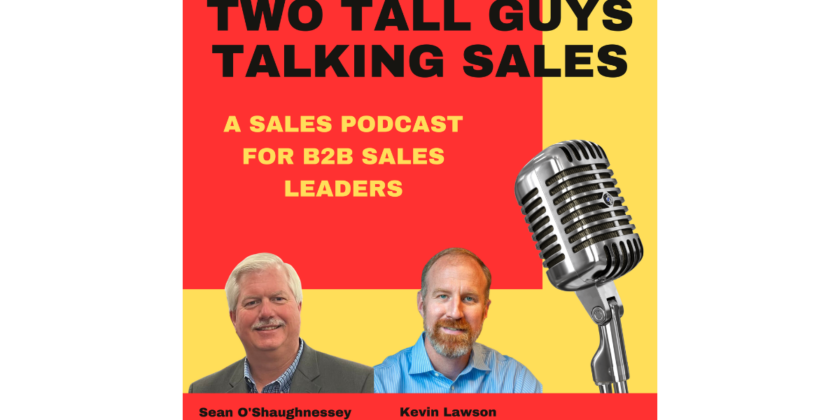The concept of “managing up” emphasizes the importance of aligning a sales team’s objectives with the expectations of upper management. This approach is particularly crucial during periods of sales turnaround, where the usual metrics might falter and innovative, agile responses are required.
“Managing up” involves treating higher management as an internal customer whose needs must be understood and met with the same diligence as those of external clients. For sales leaders, this means crafting a clear, actionable plan that communicates the steps necessary to achieve desired outcomes—often under the scrutinizing pressure of performance metrics. This strategic outline helps ensure that everyone, from the CEO to the sales floor, understands what success looks like in practical terms and is committed to the collective goal.
Moreover, the process of managing expectations is not static; it requires continual adjustment and communication. This dynamic approach allows a sales team to pivot quickly in response to evolving market conditions or internal challenges without losing sight of the overall objectives. Sales leaders are advised to articulate the goals and how they plan to achieve them, breaking down the journey into manageable, measurable milestones.
In a successful sales turnaround, it is crucial to set realistic goals that are both ambitious and achievable. This involves a deep understanding of the company’s current position and a candid assessment of what can realistically be accomplished in a given timeframe. The emphasis on SMART (Specific, Measurable, Achievable, Relevant, Time-bound) goals ensures that targets are not just aspirational but grounded in the reality of the company’s operational capabilities and market conditions.
Sales turnarounds also necessitate focusing on internal processes and behaviors rather than just end results. A sales leader must foster an environment where the team understands that their daily activities—their behaviors and strategies—are as critical to turning around sales figures as the numbers themselves. This approach helps build a resilient team capable of sustaining performance even when external conditions are challenging.
Celebrating small wins and maintaining morale during a turnaround is vital. It ensures that the team remains motivated and committed to the company’s long-term vision. Recognizing individual and team contributions reinforces a positive, collaborative culture, essential for navigating periods of uncertainty.
Finally, managing up during a turnaround is not merely about staying afloat but setting the stage for future growth. It involves understanding where the company needs to be and how to get there by working backward from the desired outcome. This methodical approach to problem-solving, coupled with effective communication and realistic goal-setting, forms the backbone of a successful sales strategy that can lead a company out of a downturn and towards a prosperous future.
Managing up is as critical as managing down for sales leaders and managers. It requires a balance of strategic foresight, operational excellence, and the interpersonal skills needed to guide a team through complex challenges. This balanced approach secures short-term objectives and paves the way for sustained success and stability.
Here are a few actionable items that a sales leader can do today to enhance management strategies and foster a successful sales turnaround:
- Define Clear Objectives:
- Set aside time today to outline your sales team’s specific, measurable, achievable, relevant, and time-bound (SMART) goals. Ensure these goals are aligned with upper management’s expectations and communicate them clearly to your team.
- Improve Internal Communication:
- Schedule a meeting with your manager or upper management to discuss current sales strategies and performance. Use this opportunity to clarify expectations, receive feedback, and adjust your strategies as needed.
- Foster Team Engagement:
- Organize a brief team meeting to celebrate recent successes, no matter how small. Use this time to reinforce the team’s role in the larger company objectives, boosting morale and commitment to the turnaround process.
- Assess and Adjust Processes:
- Conduct a quick audit of your current sales processes and identify any immediate inefficiencies that could be hindering your team’s performance. Initiate the steps to refine these processes, involving your team for insights and suggestions.









